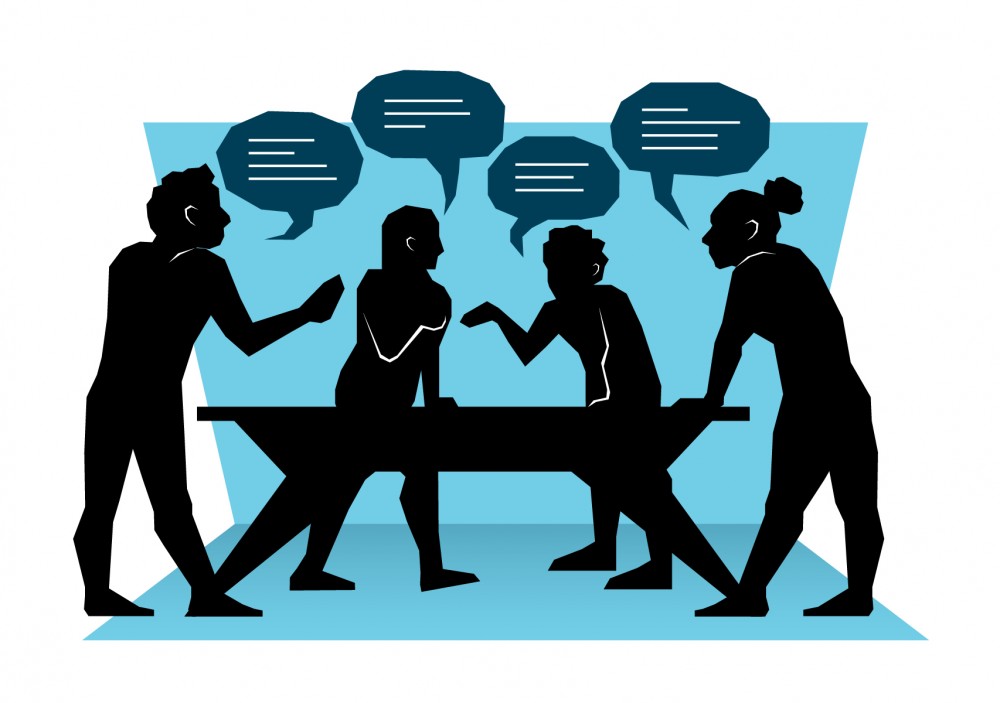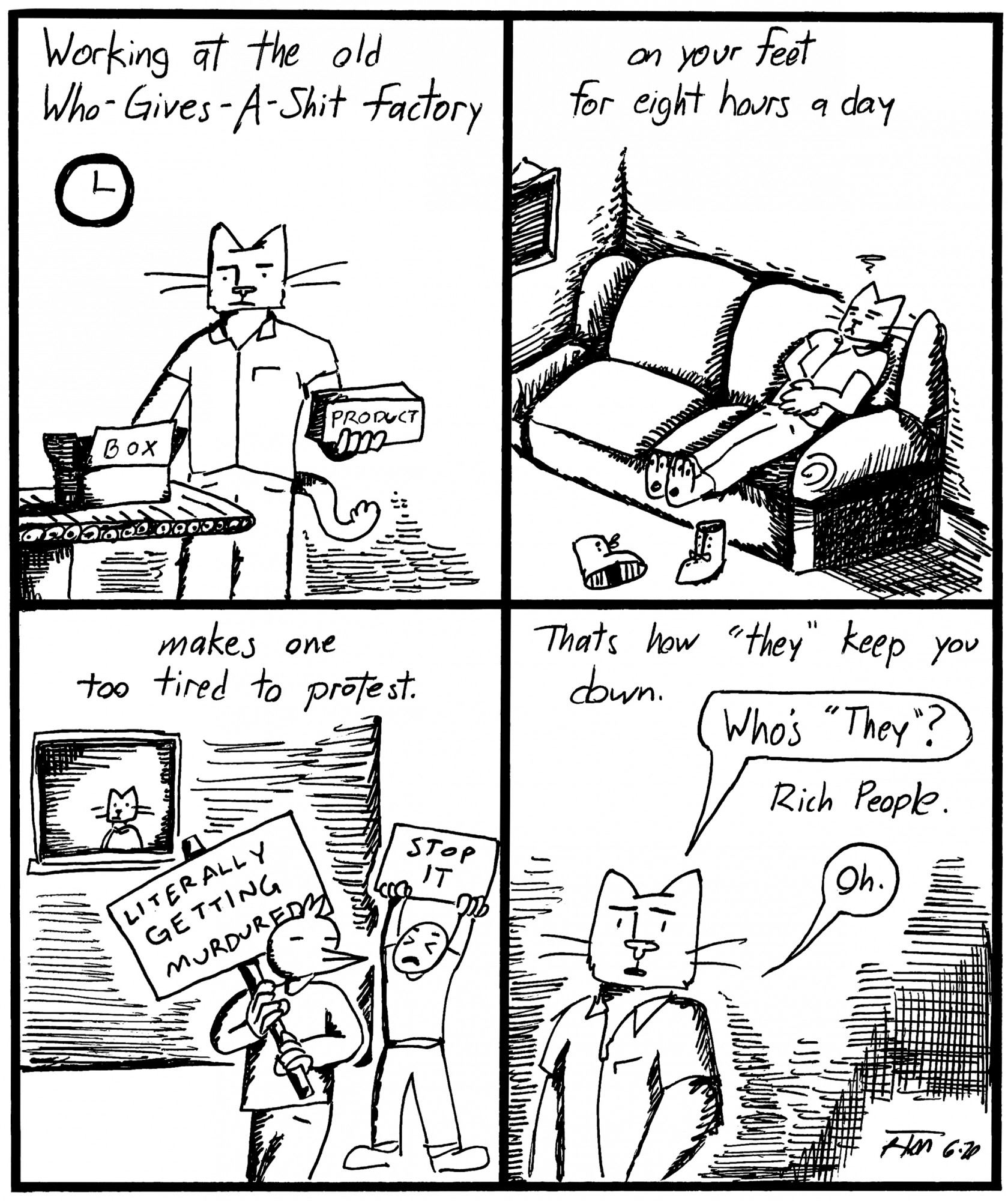There have long been complaints in the sphere of liberal college education in the United States that there is a bias against conservative students from their vastly liberal peers and professors.
Though without expansive enough data to back it up, the idea that that bias exists and somehow leads to lower grades and social alienation for conservative students is salient, particularly on this campus. Two years ago, the College Republicans’ mural on the Washington Bridge read “Least Popular Minority On Campus.”
Liberals aren’t free from this train of thought either, even though it applies less on a large public university campus. Comedian Hasan Minhaj joked in his 2017 White House Correspondents’ Dinner speech about how journalists need to start thinking like a minority group, “By the way, you guys aren’t really minorities; you guys are super white. But, but — I could see MSNBC being like, ‘We got our minority card.’”
For some reason, liberals, conservatives and plenty of people with opinions in between want to gain a minority-like group status, depending on their environment and where they live. They feel deserving of the same treatment as an actual marginalized community.
Political belief is an opinion. It’s a choice. Race, sexuality, disability — these aren’t choices. You can decide to change your political beliefs, but you can’t decide to stop being a certain race. There is a marked difference, and it’s insulting to pretend like it doesn’t exist.
There should be a conversation about the ways members of each political party are generalized by the opposition. There are valuable things to be said about how political conversations operate on college campuses, in rural high school classrooms and even on the news.
However, if you want to have those conversations, you’re doing a disservice by pretending that it’s on equal footing with other forms of discrimination. Feeling uncomfortable or alien in a room full of people who disagree with you politically is a valid feeling, maybe one that deserves exploration, but that feeling is not a permanent one.
Feeling hurt or defensive of your politics isn’t marginalization, no matter where you stand on party lines. You don’t know what it’s like to be a minority unless you are one. There’s a difference between individual prejudice and systematic oppression.
No matter where you fall on the political spectrum, there are going to be times where you’re the odd one out in a situation, or maybe a lot of situations. We shouldn’t shy away from a discussion the isolation of political parties and unwillingness to try to understand the other side fully and the bubbles of belief that follow.
However, if you want that conversation to be taken seriously and given credence, don’t pretend it’s comparable to racism, homophobia, or any other community that’s been brutalized and silenced over the course of human history. Trying to parallel your experience won’t help your cause, only hurt it.









